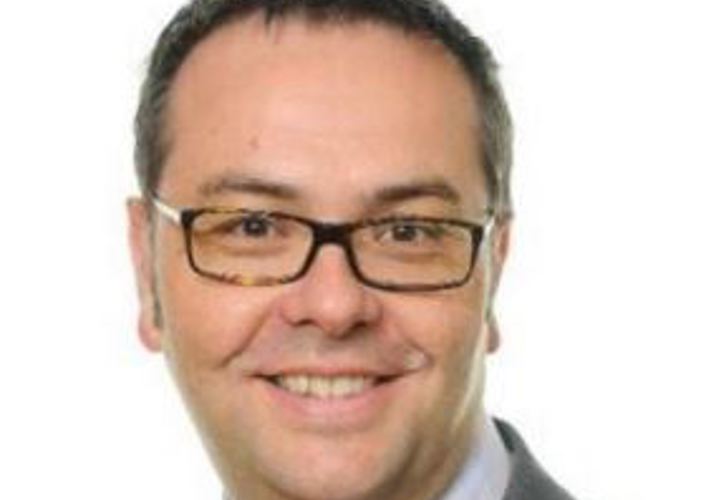'Terrorism seems to be having a profound impact on children...yet even as adults we often struggle to rationalise what we see in the news'

Stuart Coulthart, deputy head at Town Close School, discusses the importance of maintaining an open dialogue with school children, when terrorist incidents take place.
As a child in the 80s the thought of nuclear war scared me, yet the adults around me never vocalised any fear of war let alone took steps to console me about the possibility of an attack and what that might entail. For our children today, it is the threat of a terrorist attack genuinely scares many. I know because I have spoken to numerous children at Town Close in both PSHE and RS lessons, and inevitably later on when they have approached me, for example in the playground setting.
At our school, we believe it is important to maintain an open dialogue with our children as they get older about how events in the news can cause us all to feel scared, especially ones closer to home such as the recent attacks in London’s Borough Market or in Manchester. In light of these, I was asked by our Head to lead an assembly for our 7-13 year olds helping them to understand and deal with the disturbing news they had been hearing about.
I explained that events such as the recent terror attacks are very rare but that our 24 hour rolling news makes them seem both commonplace and immediate. I was honest that all of us can struggle to make sense of what is happening and showed children extracts from sites including BBC Newsround and the NSPCC for further help and guidance, details of which were also included in our weekly newsletter to parents.
I suggested that blaming a school community for the action of one child would clearly be inappropriate. Yet this is of course how many people have prejudged Muslims. Terrorists who claim to be Muslims are not representative of their religion and live at odds with all the Muslims I have ever met. It is interesting to note that, according to BBC news reports, some of the first people to give blood after recent attacks were Muslims.
Terrorism seems to be having a profound impact on children and increasingly (unlike my experience as a child) it is entirely normal for children to ask any number of ‘why?’ related questions about the atrocities and their wider significance. While children require plausible answers, I believe we ought to be candid and explain that even as adults we often struggle to rationalise what we see and read about more and more in the news. What is most important is that our children talk to their parents, teachers and other trusted adults about these events, to allow them to explore complex or difficult ideas in a supported and reassuring environment.
Recent events in Barcelona will ensure the dialogue with our children continues in the new academic year both in lessons and more informally around school. I believe that to consider these atrocities in a factual and honest way, whilst referring to one’s own emotional confusion and even pain is of great importance in preparing our children for the state of the world we all find ourselves part of today.
Written in response to an article in The Times which reported that children in primary schools are to be taught how to treat the victims of a terrorist attack, with a book about a cat set loose in a school for mice.

